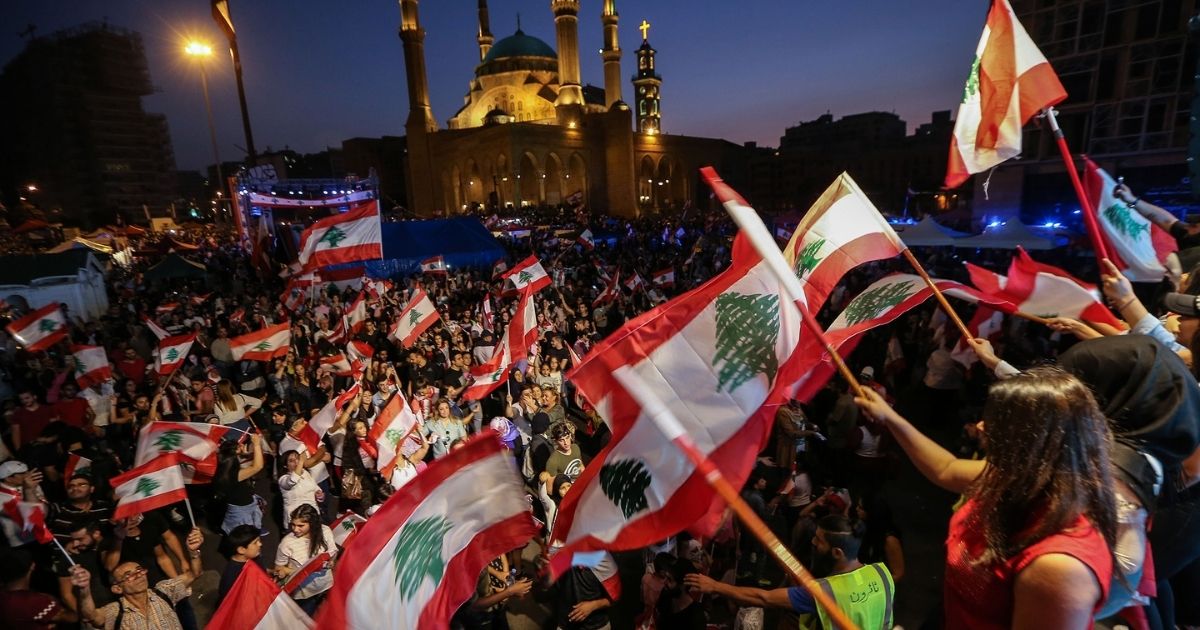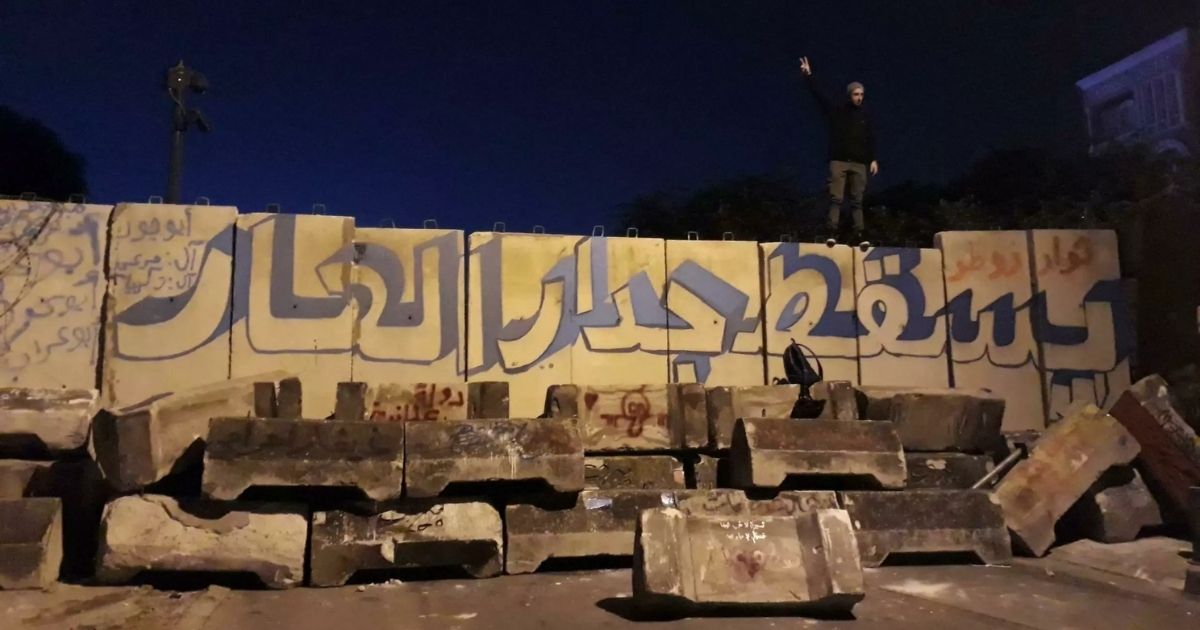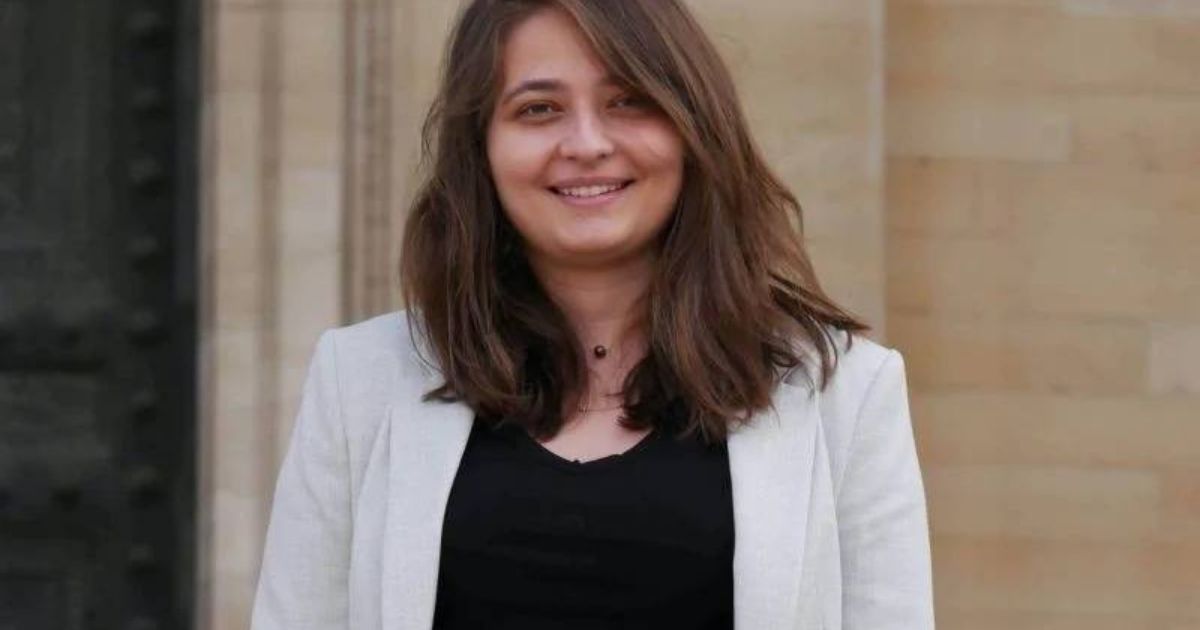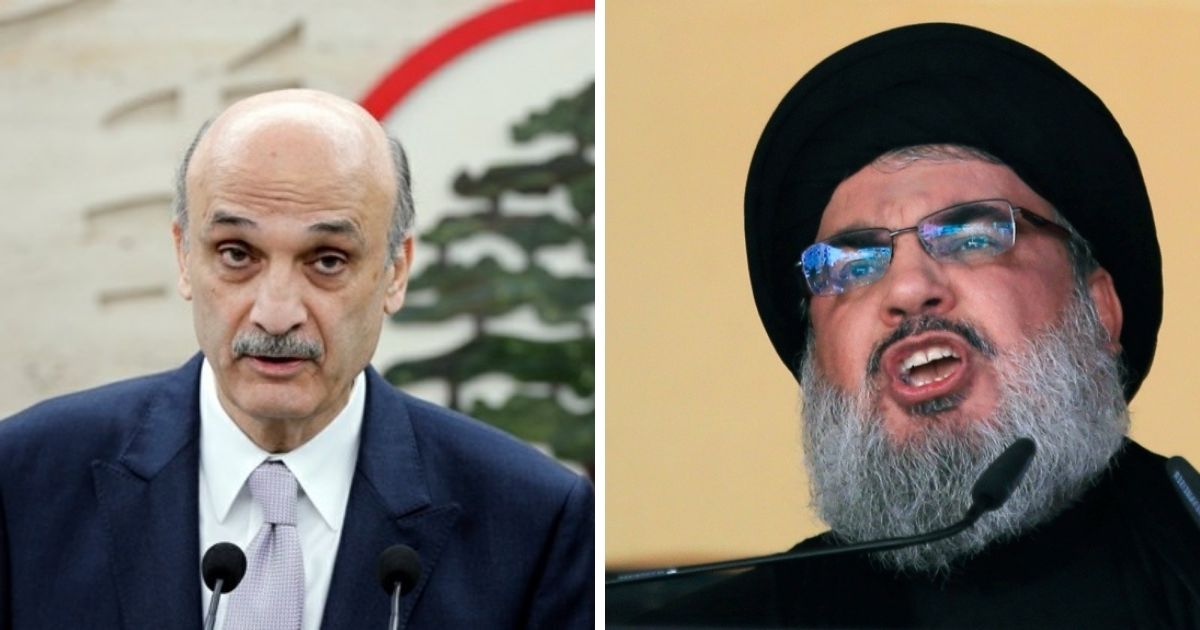Peaceful, that is how the revolution started and that is how it should continue. This is the revolution of the people seeking a peaceful country without political, sectarian, and military conflicts.
They turned the streets into places where they can express their pain, their opinions, and their anger peacefully.
They have shed the cloak of fear and went against the corrupt government; not excluding anyone one was their motto “Kellon Yaane Kellon.”
Soon after, the streets became a stage for freedom of expression. The revolution spread to every corner of Lebanon. Revolution talks could be heard over breakfast, over lunch, over dinner, and at all times.
The conversations have been mostly revolution based, social media swarming with revolution talks, artists creating revolutionary arts, singers composing songs of revolution, and televisions broadcasting revolution only (at least until recently).
It was only a matter of time that it took to the theaters.
After almost three months of revolution and with so much accomplished by it, the officials have realized that, against their assumption, it will not die.
They underestimated the power and determination of the people, which endurance they had stretched beyond the limits. There is no coming back from that. The people can’t and won’t take it anymore.
Seeking to regain control of the power they lost, the officials have reacted, and not in the wisest nor the smartest way, for with more oppressions and abuses come more revolts and more determination to hold on to the fight for freedom and dignity.
From defaming and slandering the people of the revolution, spreading lies, arresting them for their opinions, accusing them of treason, targeting journalists and speakers of truths, to using force, and imposing media blackout, the abuses continue.
Arrests and imprisonments are being made for allegedly ‘undermining the prestige of the state’ while the state fails to admit that its ‘prestige’ has long gone by the deeds of those in charge.
There is nothing of ‘prestigious’ to a minister of the parliament, for example, to call on people to boycott a theatre for hosting a musical performance related to the revolution.
But that’s what the caretaker Foreign Minister and head of the FPM political party did.
He used his party’s TV station, OTV, to call on all his ‘loyal followers’ to boycott Metro Al Madina, an independent theater company based in Hamra, Beirut.
That musical performance is just one among many of the channels of expression people are using to keep this revolution peaceful.
Metro Al Madina has produced various amount of shows, ranging from theater performances, concerts, and music shows to musicals, orchestras, and cabarets. It provides a stage for freedom of expression for all, “promoting cultural diversity and openness.”
Under the title Layaly fi Hob Thawra, which roughly translates into ‘Nights for the love of the revolution,’ the shows were reported by OTV as defamatory to the party.
OTV went on defaming Metro Al Madina as a stage for spreading chants of slander and defamation against the Free Patriotic Movement with the chant Hela Hela Ho.
According to OTV, the reason for boycotting is that the stage has “lost its cultural and cultural value and turned into a platform for insults.”
Accordingly, MP Bassil called on all his loyal followers to boycott Metro Al Madina for the “Hela Hela Ho” chant that has been in the “stage’ of the streets of Lebanon, and in the protests of the diaspora, since the early stages of the uprising.
The chant that started against MP Bassil shifted over the weeks to become less provoking, ranging from patriotic to humorous, such as “Hela Hela ho, we’re coming home” by the diaspora, and so on.
Freedom is a universal human right that is regrettably waning in Lebanon, along with the freedom of the press, and the basic rights of the Lebanese to live with dignity.

















